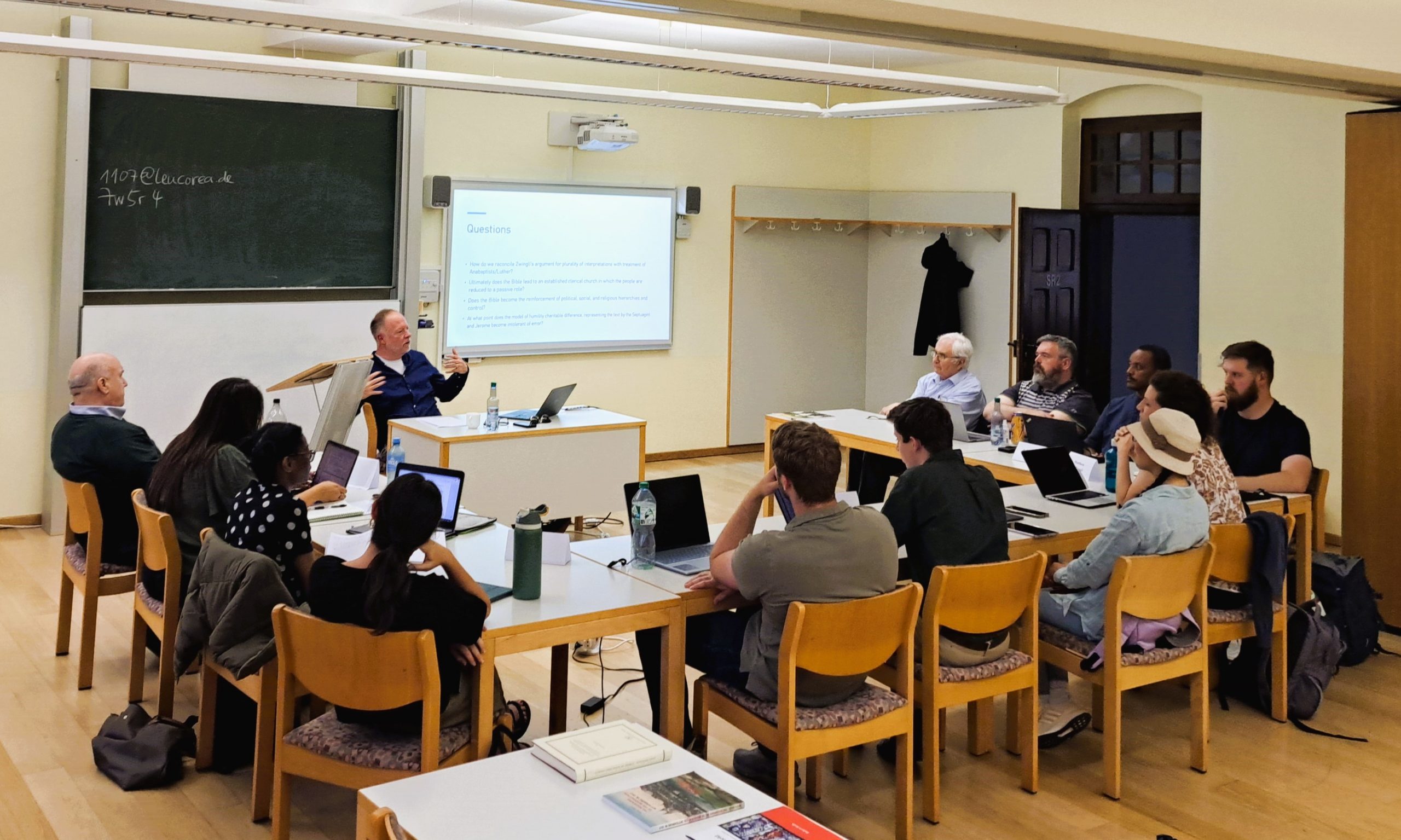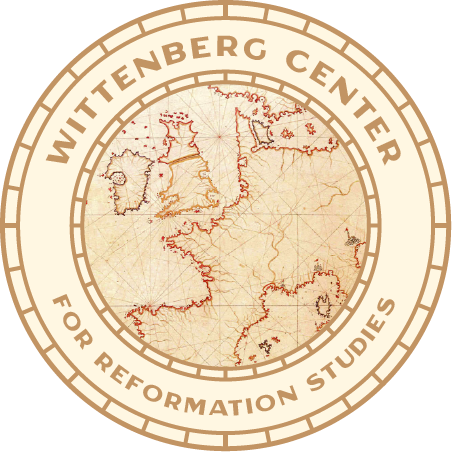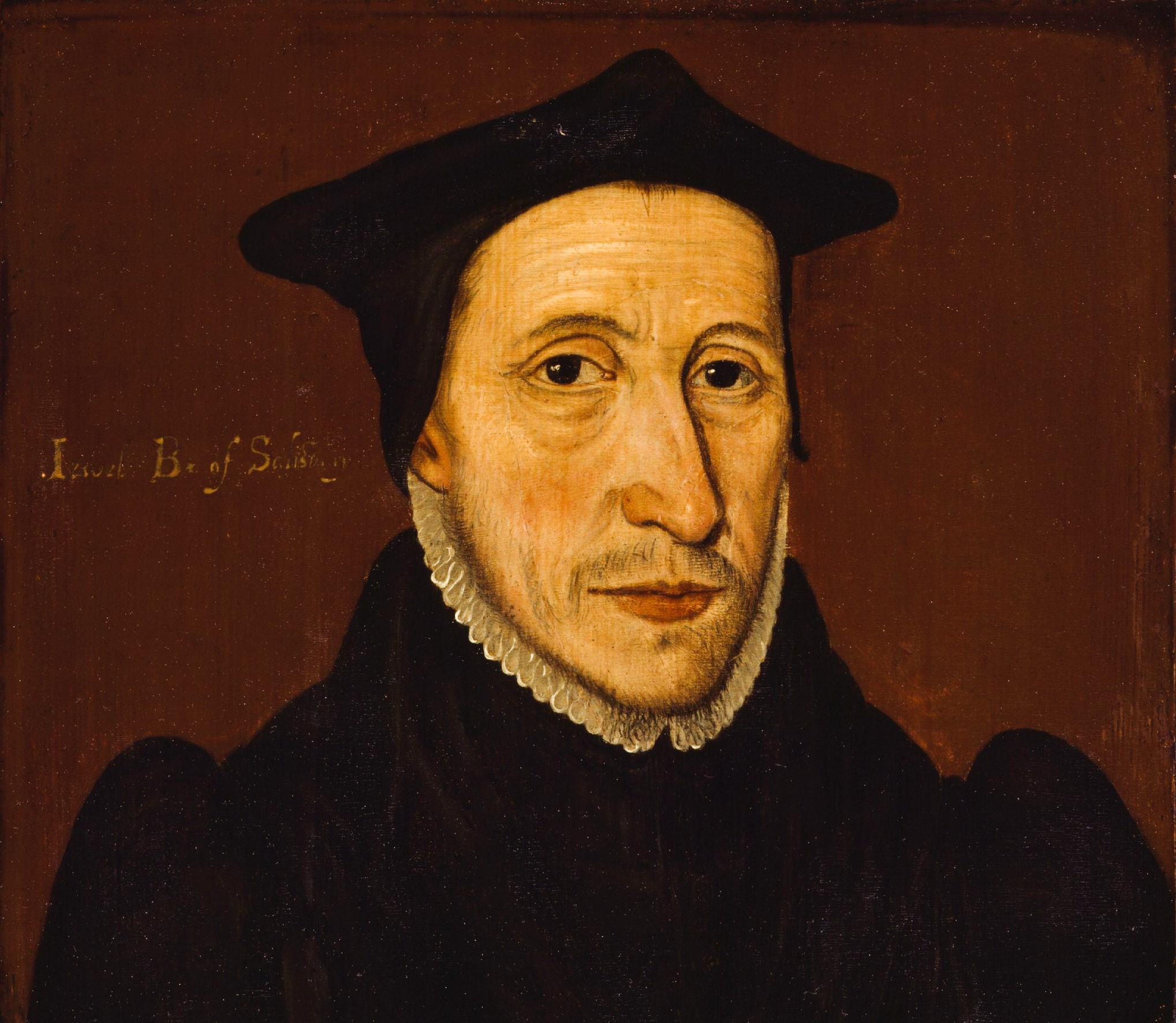The second week of the Summer Course turned from the Continental Reformation in the 1520s to its impact on England in the time of Edward VI and Elizabeth I. In what ways did the Continental Reformation influence the Church in England? Dr. Ashley Null (Wittenberg Center) explored this topic over four working days.
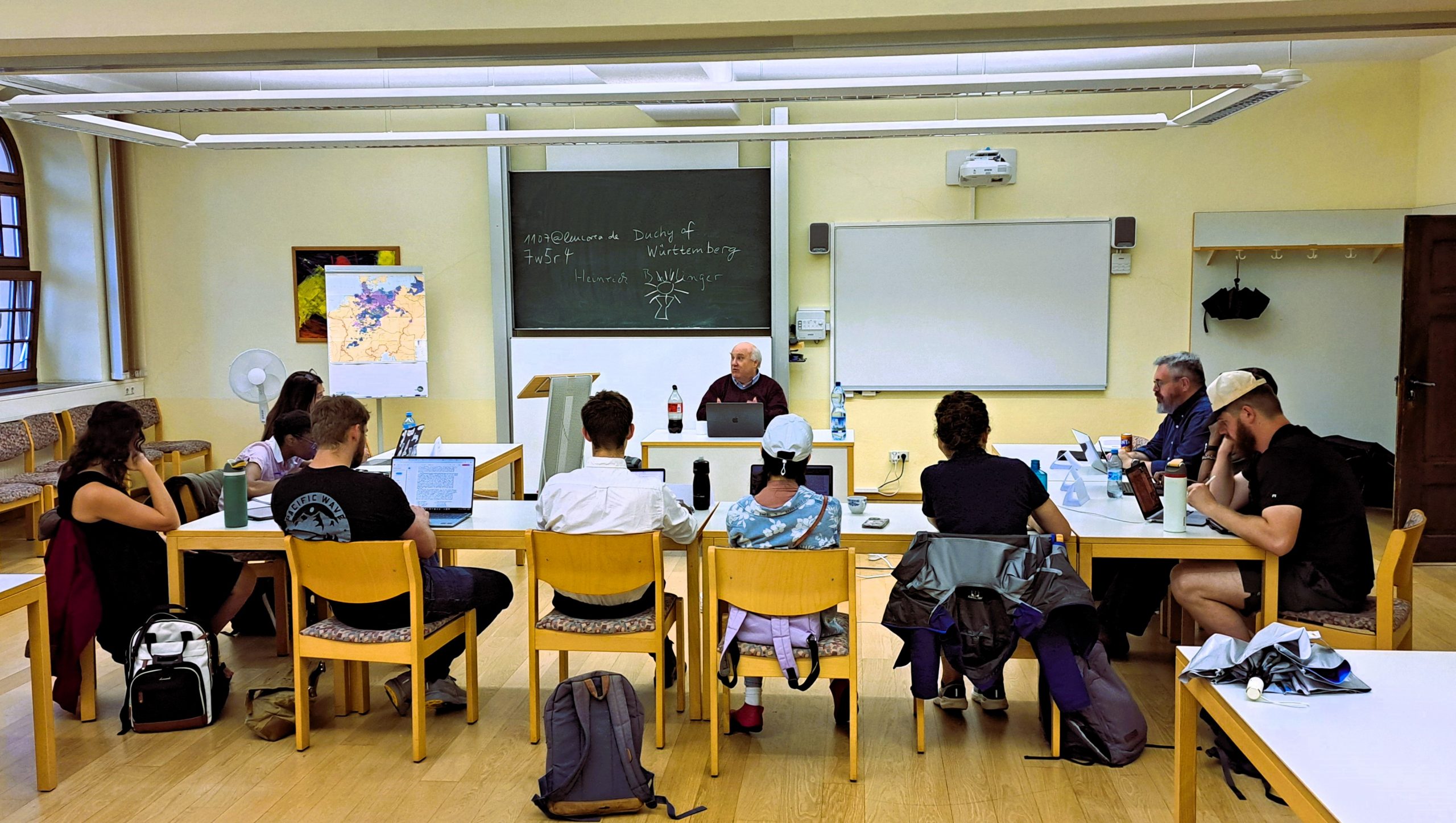
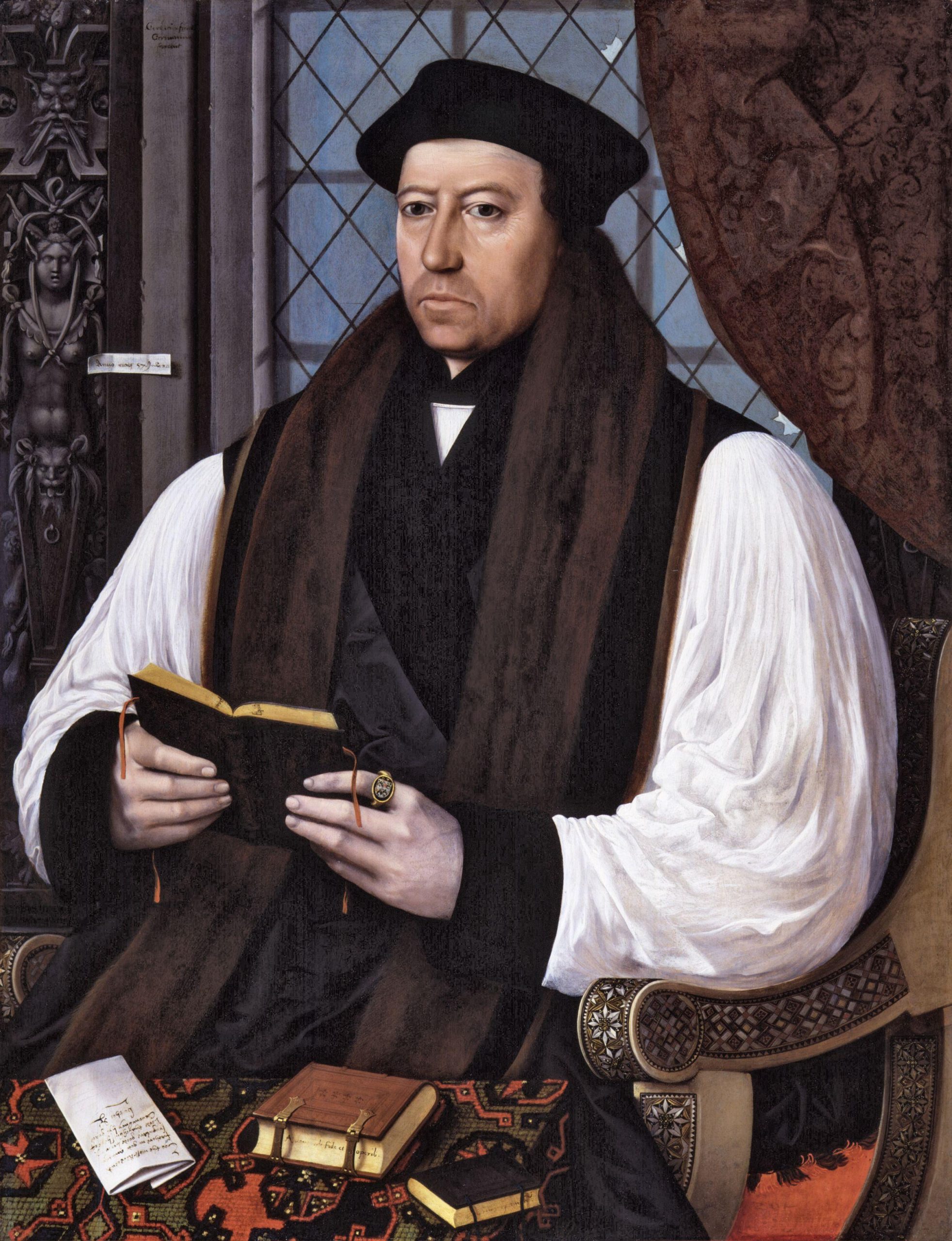
The sources reveal numerous influences from Strasbourg, Wittenberg, and Zurich. The course analyzed the Book of Homilies, the Book of Common Prayer, the 39 Articles, William Whittingham’s “A Brieff Discours Off the Troubles Begonne at Franckford in Germany,” and John Jewel’s Apology. It became apparent that the Christian humanism of Wittenberg University, represented by Melanchthon and associated with Reformation theology, profoundly influenced the English Reformation. The Reformation also drew on the medieval affective tradition, coming to understand the Bible as a key element in shaping emotions and stabilizing collective and individual life. Thomas Cranmer is a key figure in this development in England, combining affective piety, humanistic scholarship, and the Reformation doctrine of justification. Cranmer’s understanding of worship and the Lord’s Supper reflects continental influences. Therefore, the teaching and ecclesiastical life of the English Reformation Church under Edward VI and Elizabeth I were deeply influenced by the Reformation in Germany and Switzerland. This demonstrated that the English Church belonged to the emerging family of Reformed churches. This affiliation prompted English Protestants to establish international connections.
During the second week, this year’s Research Fellow introduced himself: Professor Bruce Gordon from Yale Divinity School. Using Zwingli’s commentary on Isaiah and the preface to the 1529 Prophetenbibel as examples, Prof. Gordon explored the origins of Reformed ‘prophecy’ and spirituality. During the third and fourth weeks, he explored this topic in greater depth, drawing on various sources and protagonists of the Zurich Reformation. He also highlighted its significance for the formation of English Protestantism in the second half of the sixteenth century.
